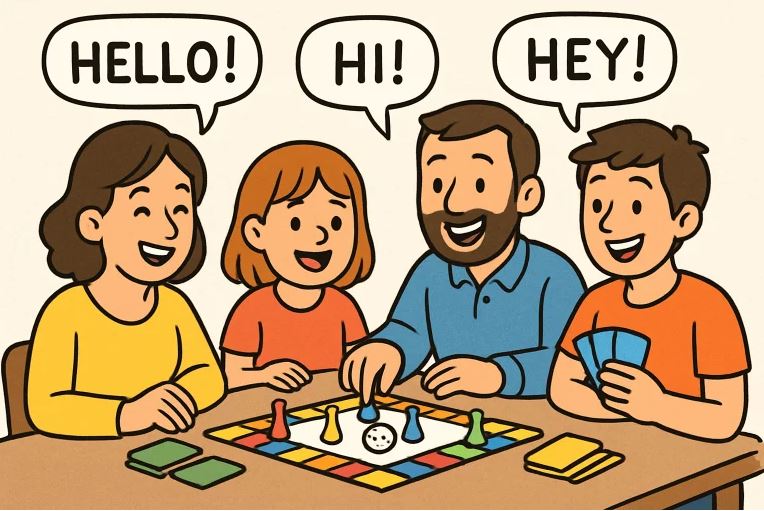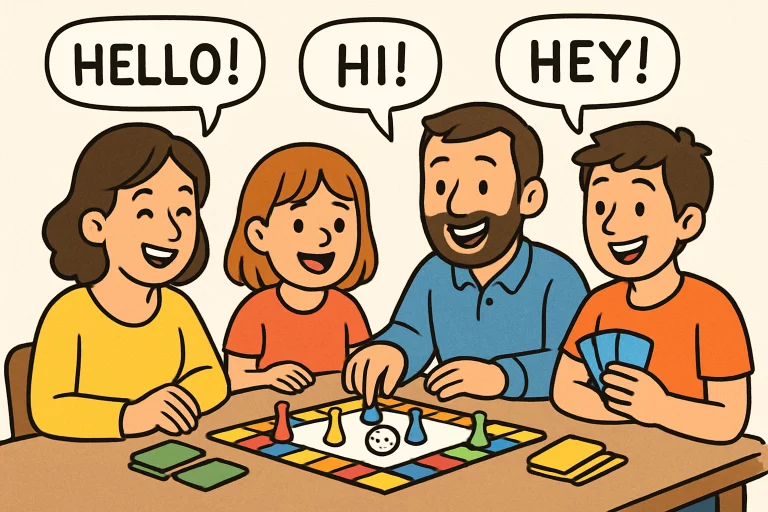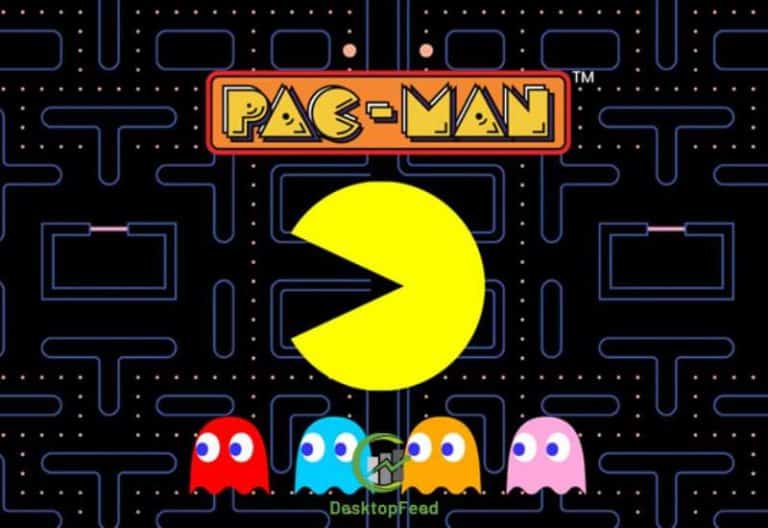Strengthening Family Bonds and Boosting Skills Through Board Games

Board game nights are a powerful way to build family ties and develop lifelong skills. They provide joy and laughter, but their value lies in the shared experiences and development they foster for all ages. Intentional time for play creates a welcoming environment where each member feels included and valued. The playful spirit of these evenings often breaks down barriers, encourages vulnerability, and allows participants to show their authentic selves without judgment. Explore various family board games tailored for bonding and growth to bring more meaningful interactions to your family time.
Read on to discover the many ways board games can enrich your family dynamic, from encouraging communication to promoting healthy competition. With benefits that touch every generation, family board games are a timeless tradition waiting to be enjoyed. For families wanting inspiration and new ideas, you can check out even more choices at https://simplyfun.com/collections/family-board-games, which features a wide array of games suited to diverse ages, interests, and skill levels.
Strengthening Family Bonds
Gathering around the table for a board game is a simple act that has a profound impact on family closeness. The shared experiences, laughter, and teamwork that come with board gaming foster trust and strengthen the connections between family members. As each game unfolds, barriers consistently break down, allowing individuals to show authenticity, express affection, and develop deeper connections free from outside pressures. These interactions build trust and comfort, enabling families to support each other through life’s challenges. Taking time to play together can be the foundation for stronger emotional bonds, open communication, and traditions that last for years. Families who make game nights a recurring part of their lives often find that these events become something everyone looks forward to—a true anchor in their weekly routine.
Enhancing Communication Skills
Many board games encourage conversation, strategic discussion, and the clear expression of ideas. Whether players are explaining the rules, trying to persuade each other, or simply sharing a laugh, these games improve verbal and non-verbal skills. During gameplay, participants must learn to listen carefully, express their thoughts clearly, and respond thoughtfully to others’ strategies and suggestions. Even younger children get vital early practice with turn-taking and articulating their ideas, building confidence with each round. For adults, these activities help hone the art of negotiation, diplomacy, and conflict resolution—all key communication skills that extend to daily life. The communication learned through these fun activities can help strengthen relationships both inside and outside the home.
Fostering Teamwork and Collaboration
Cooperative board games, where players must work together to achieve a common goal, teach essential lessons about collaboration and teamwork. As family members strategize and problem-solve in unison, they develop a sense of unity and shared purpose. These games require everyone to listen to differing perspectives, contribute ideas, and adjust plans as challenges arise. By relying on each other’s strengths and encouraging one another, families learn that success is best achieved together. These situations not only foster patience and positivity but also emphasize that every family member’s contribution is valuable and appreciated. Strengthening collaboration at the game table can translate to smoother cooperation and mutual support in day-to-day family life.
Boosting Cognitive and Educational Skills
Board games are not only fun, but they also provide valuable mental exercise that helps build a range of cognitive and academic skills. Strategic games sharpen memory, logic, and critical thinking skills, training the brain in a playful context. Games that incorporate numbers, letters, or words help reinforce concepts like math and language, making learning relevant and engaging, particularly for children. As young players count spaces, keep score, or solve puzzles, they get hands-on practice with essential academic abilities. Adults, too, benefit from mental challenges, which can sharpen memory and stimulate creative thinking. The knowledge and cognitive agility gained through games often transfer to classroom success and lifelong intellectual growth. Whether it’s math equations, spatial reasoning, or reading comprehension, board games provide an entertaining way to reinforce learning at any age.

Providing a Break from Technology
In a world where screens are omnipresent—between televisions, smartphones, tablets, and computers—it’s all too easy for families to drift into separate digital silos. Board games offer a refreshing remedy, providing the opportunity to unplug and engage directly with one another. Family game nights create meaningful face-to-face interactions, allowing for eye contact, genuine conversation, and much-needed laughter. Stepping away from devices fosters mindfulness and presence, anchoring families in the current moment. This digital detox can reduce stress, decrease screen fatigue, and rekindle the joy of spending quality time together.
Teaching Life Skills
Board games are a training ground for essential life skills that may not always be taught in classrooms. By participating, children and adults learn the value of patience (as they wait for their turn), respecting rules (by playing fairly), and handling both winning and losing with grace. These lessons are fundamental for building resilience and adaptive thinking, equipping participants to navigate the ups and downs of life beyond the game table. Board games also teach the importance of forward planning, focusing attention, and emotional self-regulation—qualities that have clear benefits in both personal and professional environments. Practicing these life skills in a supportive, fun setting helps family members build character and confidence that extends far into adulthood.
Promoting Healthy Competition
Participating in friendly rivalry through board games provides a safe space for children and adults alike to experience both the thrill of winning and the challenge of losing. The presence of family members creates a supportive atmosphere where players can celebrate victories together and learn from mistakes without fear of harsh criticism. Children, in particular, benefit from seeing adults model positive behaviors—graciously congratulating others, playing by the rules, and bouncing back from setbacks. Board games teach the powerful lessons of sportsmanship, humility, and kindness, fostering a competitive spirit that doesn’t come at the expense of relationships. These skills help prepare children (and adults) to navigate competition and collaboration in school, sports teams, and the workplace.
Creating Lasting Memories
Regular family game nights are cherished for creating special memories that become cherished stories at holiday gatherings and reunions. These lighthearted moments, filled with laughter, friendly banter, and occasional debates, form the foundation of a happy, supportive family culture. Establishing these traditions helps cement family identity, creates continuity, and reassures every member that they have a place they belong. Bringing board games into family routines is an enjoyable and meaningful way to nourish relationships, develop life skills, and appreciate each other’s company without the constant distraction of screens. With various styles and options available, there’s a perfect game for every family to enjoy.
For more articles like this visit: Desktopfeed






